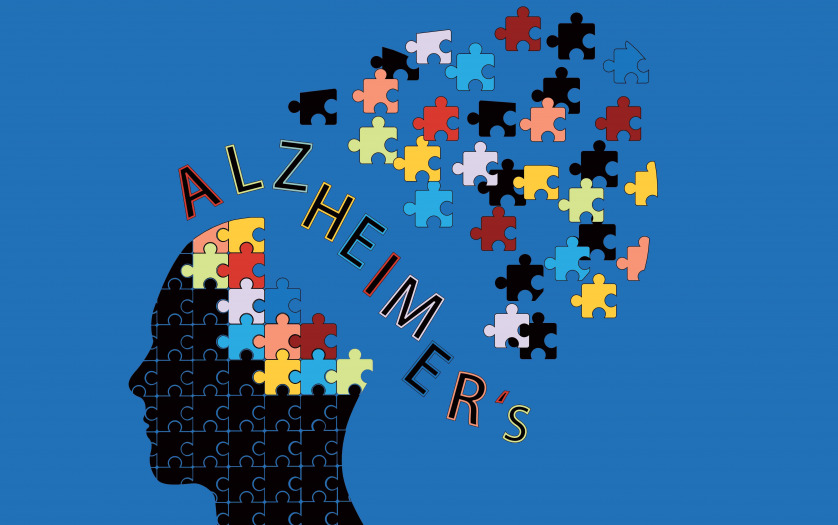
The Australian Dementia Network (ADNeT), which is led by the University of Melbourne, has welcomed the decision by the Australian Government to subsidise the cost of positron emission tomography (PET) scans to assist with the diagnosis of Alzheimer’s Disease.
ADNeT Director University of Melbourne Professor Christopher Rowe, said dementia, such as Alzheimer’s disease, is currently wrongly diagnosed about 30 per cent of the time.
He said this means some patients who may actually have a curable condition may be prescribed the wrong drugs. With patients previously paying up to $1,000, the Australian Government’s decision to add the scans to the Medicare Benefits Schedule makes it far more affordable and will result in much better outcomes for patients across Australia, he said.
“Diagnosis of Alzheimer’s disease, which is such a devastating and ultimately fatal condition, needs to be accurate,” said Professor Rowe, who along with Austin Health, has been leading the push for the diagnostic technology to be added to the Medicare Benefits Schedule (MBS) for the past seven years.
“Diagnosis by traditional clinical assessment has not changed in 30 years. This is now unacceptable with the recent development of better diagnostic tests and emerging new treatments. The better access to advanced diagnostic scans that this MBS addition allows will lead to more accurate and faster diagnosis. The Australian Dementia Network is driving the development of better tests and treatments and advocating for more investment in research for prevention and cure of Alzheimer’s disease and other forms of dementia.”
Dementia affects up to 472,000 people in Australia, is the second leading cause of death and the greatest single cause of disability in older Australians.
While there is currently no cure for Alzheimer’s, an early diagnosis for all forms of dementia assists in delaying the onset of more severe symptoms, ensuring the best treatments and assisting patients to live independently for longer.
The Minister for Health and Aged Care, Greg Hunt, said the Government was committed to ensuring Australians can access the latest in health care diagnosis and treatment.
“This is a significant development for Australians and their families. This listing will benefit thousands of Australians who through early and accurate diagnosis, will be able to seek earlier treatment,” Minister Hunt said. “The listing will also reduce out-of-pocket costs for Australian patients and ensure more affordable access to PET scans and Alzheimer’s diagnosis.”
Professor Rowe has prepared a training video to help imaging specialists with PET scan reading.








